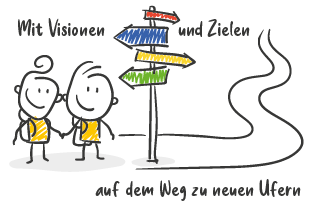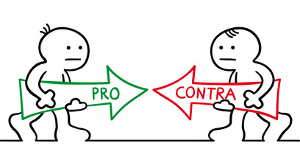Mo 16-18 (alle 2
Wochen, abwechselnd mit Grundkurs)
Vorlesung Introduction
to Literary Studies
As all other obligatory introductions
in the field of Anglophone Studies, the Introduction to Literary Studies is of
elementary importance to all new students. It will be your first and crucial step
towards becoming an expert reader of literature written in English. The more
you know, the more you see; the more you see, the more you can try to
understand, which makes the whole process of reading even more exciting and
rewarding. This course will therefore help you to see more and to get to grips
with all sorts of texts by covering topics such as:
-
What is
literature? Why study literature?
-
The major genres
of literature (poetry, drama, narrative fiction).
-
Key developments
in the history of these genres in English literature and their cultural
contexts.
-
Literary theory
and critical approaches, i.e. how to do things with texts in more than one way.
-
How to use
essential digital resources.
-
How to write a
seminar paper.
-
What to do when
you get stuck and you absolutely don’t know what to do … and much more besides.
Yes, this is a Pflichtveranstaltung, but it is also very much about enjoying literature.
The Introduction to Literary Studies
will be extremely useful for all further courses in literary as well as
cultural studies you will take while at university. It will be your first step towards
enjoying literature even more than you do already, and also towards writing successful
seminar papers, BA and MA theses.
The Introduction to Literary Studies
consists of two elements: A lecture course (Vorlesung)
and seminar-type courses (Grundkurse).
The lecture and the seminar format alternate on a weekly basis throughout the
semester: They belong together, it is essential to attend both. The lecture is
taught by Prof. Heyl, the Grundkurse by
members of the Introduction team.
Both the lecture
and the Grundkurse will be conducted
online and in real time throughout the semester. This will help to give your
week a useful structure in times of Corona. You must sign up for one of the Grundkurse on LSF and join the Moodle
course for the lecture.
You will receive further information via Moodle and e-mail. Please make
sure to use and check your official university e-mail addresses at all times.
Do not use any other addresses, and do not have e-mails sent to your university
address forwarded to other addresses. Our experience in the last semester has
shown that that using non-university addresses / forwarding mails will lead to
our messages bouncing back in very many cases.
A reader will be made available to you via Moodle. You will need to read
and prepare material in the reader for each session.
You will
also need to buy:
Michael
Meyer, English and American Literatures. 4. Auflage. UTB
Basics. ISBN-13: 798-3825-235505.
Christoph Heyl, Kleine
Englische Literaturgeschichte. J.B. Metzler. ISBN-13: 978-3476045096.
Bemerkung: Die
Einführungsveranstaltung in die Literaturwissenschaft besteht aus der Vorlesung
“Introduction to Literary Studies” und einem sie ergänzenden Seminar
(„Grundkurs“), in dem das in der Vorlesung behandelte Fachwissen an
exemplarischen Beispielen veranschaulicht und vertieft wird. Vorlesung und
Seminar wechseln das gesamte Semester hindurch wochenweise ab (in einer Woche
gehen Sie also in die Vorlesung, in der nächsten ins Seminar, in der nächsten
wieder in die Vorlesung usw.). Das Seminar ist der ergänzende Pflicht-Grundkurs
zur Vorlesung „Introduction to Literary Studies“, Vorlesung und Seminar bilden
also eine Einheit. Eine Anmeldung zur Vorlesung per LSF ist nicht nötig, hier
reicht die Anmeldung in dem Moodle-Kurs zur Vorlesung. Für die Grundkurse ist
eine Anmeldung verpflichtend.



